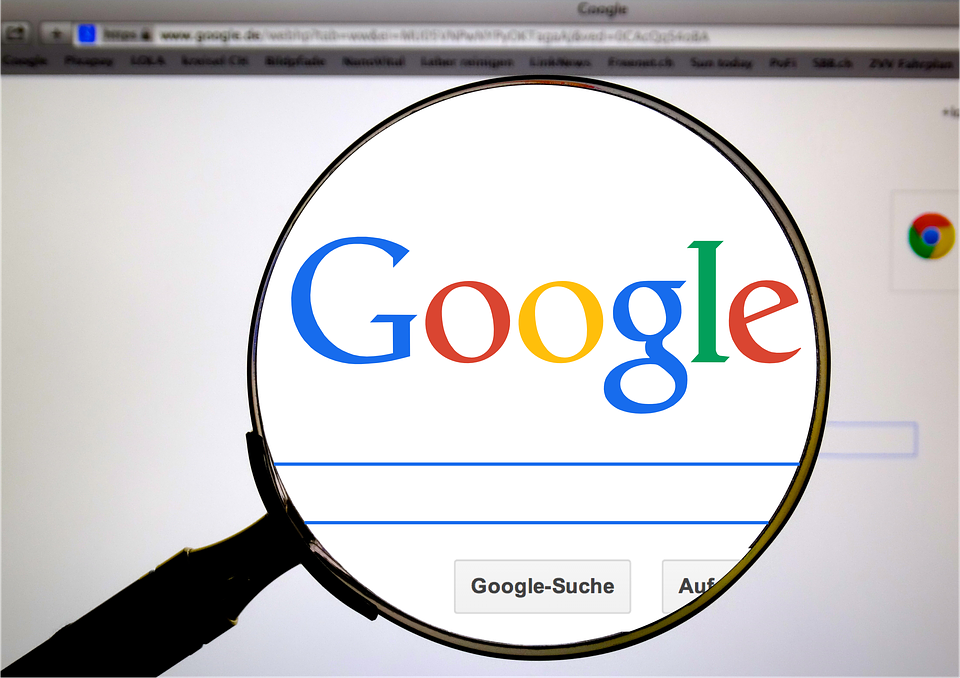How the excessive daily use of Internet could affect your memory

When we experience something for the first time, we have to transfer the information into a representation of it, which we code in our memory. Then this representation has to be stored so that we could later recall it.
The moment we open Google, our brain is prepared for skimming the information, not actually reading it in depths.
This happens due to the fact, that most of the information online, which “floods” us from the social and online media is really vast and rarely related to our own interests. By doing this everyday, we train our brain to skim the new information, instead of storing it. This routine quickly becomes a habit and forms our future behavior by influencing the way that we remember, read and perhaps even think.

In his article “Is Google making us stupid?”, the writer Nicholas Carr describes how the excessive amount of time he spends online changed his ability to remember information. He also claims this phenomenon is experienced by all his colleagues. (Carr, 2008).
There are several studies which support the theory, that the excessive daily usage of Internet is related to the way we remember things.
A study conducted by the psychologists B. Sparrow, D. Wegner, J. Liu in 2011, shows that the first thing people do when asked a question is to look up the answer on the web, instead of trying to think about it and answer alone. In another study, they wanted to see if people would remember an information which they are told, they would have access to on a later stage. The results show that the ones who thought that the computer would store their writings remembered much less information, compared to the other group, whom was told that it would be deleted. (Sparrow, Wegner, Liu, 2011).
They called this phenomenon Google effect – the tendency to forget information, about which we know is stored somewhere and we have access to it by using the Internet.

In another study by B. Storm and A. Benjamin, the results show that the need to use Google again to answer questions rises by everytime you do. 30 % of the participants who used the search engine instead of their memory tend to do it again, compared to the ones who didn’t use Google at all. These results lead to the thought that such behaviour could easily become compulsive (Storm, Stone, Benjamin 2016).
Is Google really making us stupid? What are your thoughts about this topic?

My Steemit article on Internet Addiction
Pictures: PixaBay
Sources:
B. Sparrow, D. Wegner, J. Liu: Google Effects on Memory: Cognitive Consequences of Having Information at Our Fingertips, 2011;
В.Storm, S. Stone, A. Benjamin: Using the Internet to access information inflates future use of the Internet to access other information, 2016;
H. Cash, C. Rae, A. Steel, A. Winkler Internet Addiction: A Brief Summary of Research and Practice, 2012;
Very interesting. I believe all of the above is true, however I don't believe it's a bad thing and I also don't believe it's making us stupid.
I believe this is simply a symptom of evolution. Consciousness rises and brings forth new technologies. Just because we can't remember the phone numbers of our closest friends, doesn't mean we've become stupid, but that we allocate our resources more efficiently.
Why should we allocate precious brainpower for things we can now outsource? Why should we memorize facts that we can look up based on need? That would be stupid ;)
As consciousness rises, our focus changes and we can all shift a little more from left brain to right brain and instead of remembering separate data (knowledge), we can now focus on how all these data are interconnected (wisdom) and we can also focus on connecting with others, on empathy, beauty, joy, etc. - all the right brain stuff that was a bit neglected so far.
Google is our servant, not our master. (At least when it comes to the topic of your article. I know there are many things about Google that are debatable ;))
Hey, thanks for your long reply and interest in the topic. I agree with you at some point. Yes, Google offers us the next step to evolution and collective consciousness. However we must keep in mind the harm it could do to us as well, if we abuse it and don't train our memory from time to time :))
P.S. I am a "victim" of this kind of abuse (I offload a lot of info not only by using the web, but thats another thing), so I wanted to talk about the topic.
I have to say to say I'm more in agreement with connecteconomy, dysfunctional, though I did find the article interesting. With technological advances occurring at ever-faster rates, humankind has to be more empowered, with benefits far outweighing costs, I'd say. Our brains are plastic and will adapt, just as we will, culturally. If our memories suffer, so be it. We now have incredible information resources (some better than others, obviously) at our fingertips, when we pull out our smartphones. I don't actually possess a smartphone but almost certainly would if I didn't find touch-typing therapeutic.
Obviously, it's not a great idea to be overdependent on technology and I certainly don't advocate thrusting smartphones into toddlers' hands (though I've heard some do and rave about the subsequent development of their children). So maybe, like how children need to have a runaround in the park occasionally to prevent obesity / promote social skill development, we ought to step away from keyboards on occasion and embrace other things for work / recreation. It's a balancing act, isn't it? Hopefully, most people with common sense can avoid over-reliance on / abusing the Internet / google with those who can't probably being the kind of persons who'd have sat transfixed to a TV set half a century ago.
I think where today's addictions differ from yesteryear's (ie. tv sets) is that computers provide more opportunities for interaction and the educational resources are vastly more numerous / better quality, also. I've lived half my life without a TV set, happily. I can't envisage giving up on laptops, though.
Thank you for your comment. The "cognitive offload" phenomenon did not start and will not end with Google, as you said - different times, different addictions.
Very interesting and true. Before the cell phones were popular I knew all the phone numbers of all the people I knew. Now I don't know the phones of my closest friends or family because I know everything is in the phone. I know many people would say that's not necessarily bad, but it really shows a lower memory capacity.
Whilst I agree mostly that people tended to learn more phone numbers before mobiles, the fact that they tended to be shorter must have helped considerably. In the UK, my landline number was a mere 5 digits (for those living in the same town as me - ie. where all my friends came from; you'd need to know the area code if you lived in another town though). Now, with mobiles, numbers are all 11 digits so a lot harder to memorise.
Congratulations @dysfunctional, this post is the third most rewarded post (based on pending payouts) in the last 12 hours written by a Dust account holder (accounts that hold between 0 and 0.01 Mega Vests). The total number of posts by Dust account holders during this period was 4640 and the total pending payments to posts in this category was $636.68. To see the full list of highest paid posts across all accounts categories, click here.
If you do not wish to receive these messages in future, please reply stop to this comment.
@originalworks
The @OriginalWorks bot has determined this post by @dysfunctional to be original material and upvoted(1.5%) it!
To call @OriginalWorks, simply reply to any post with @originalworks or !originalworks in your message!